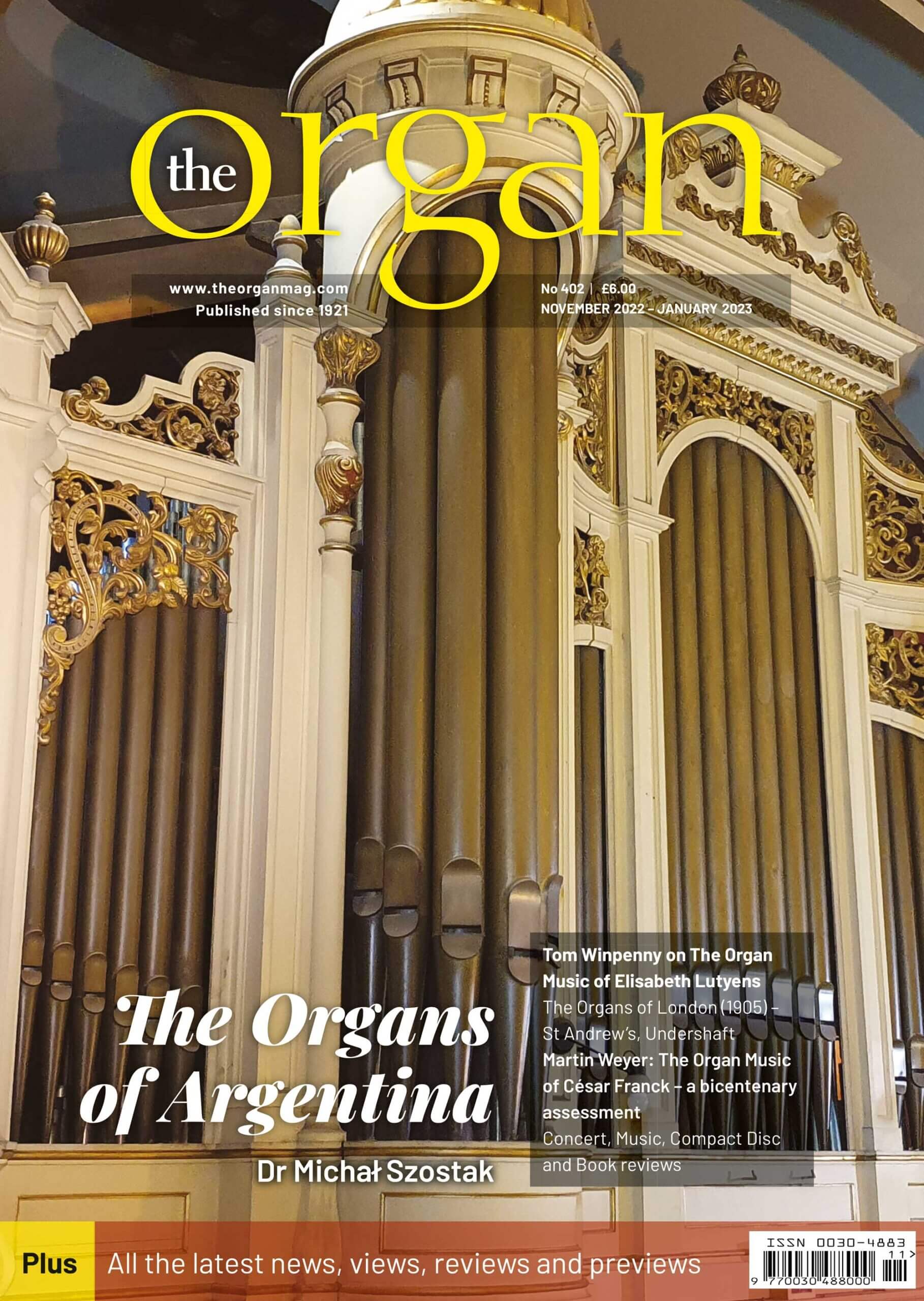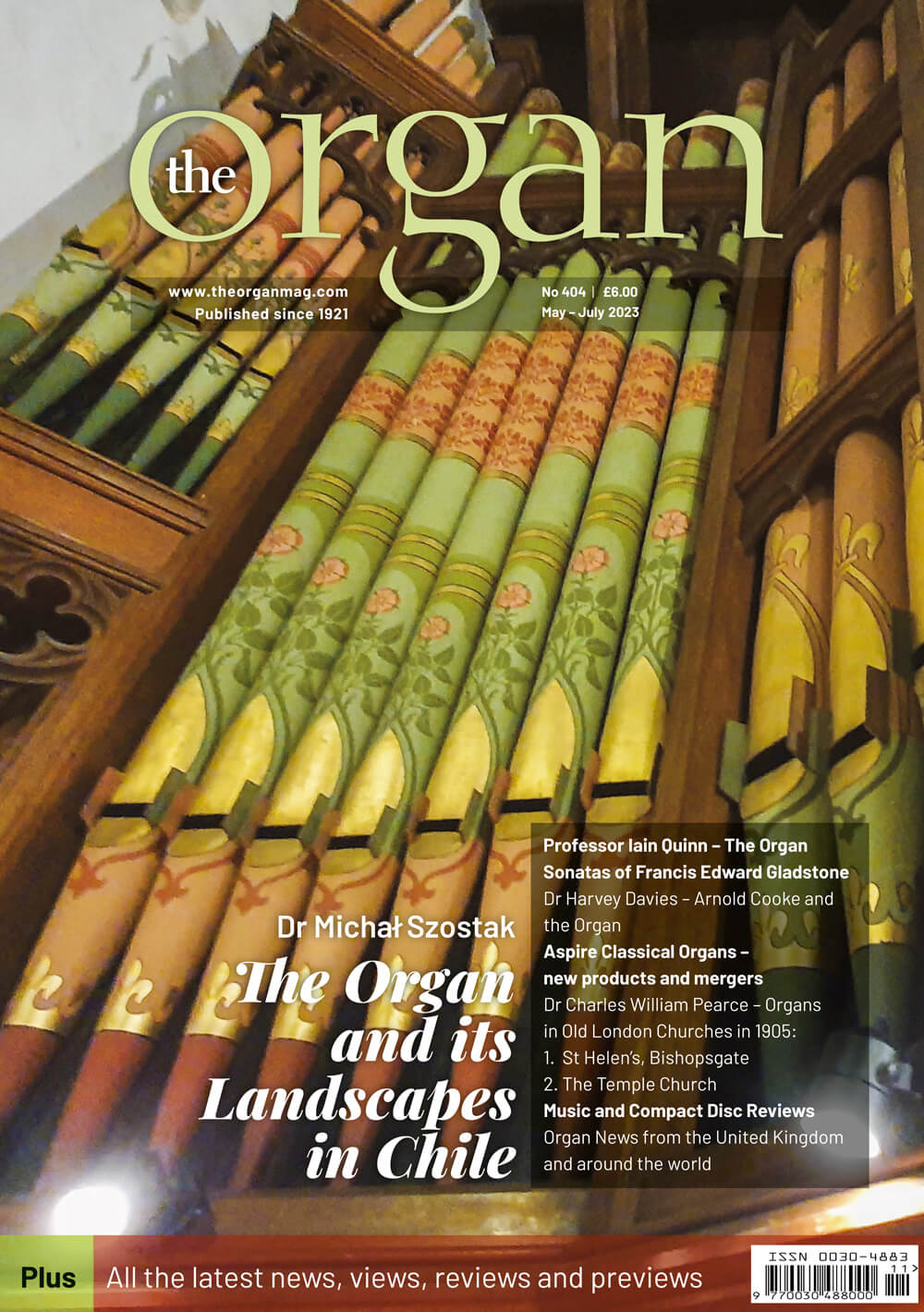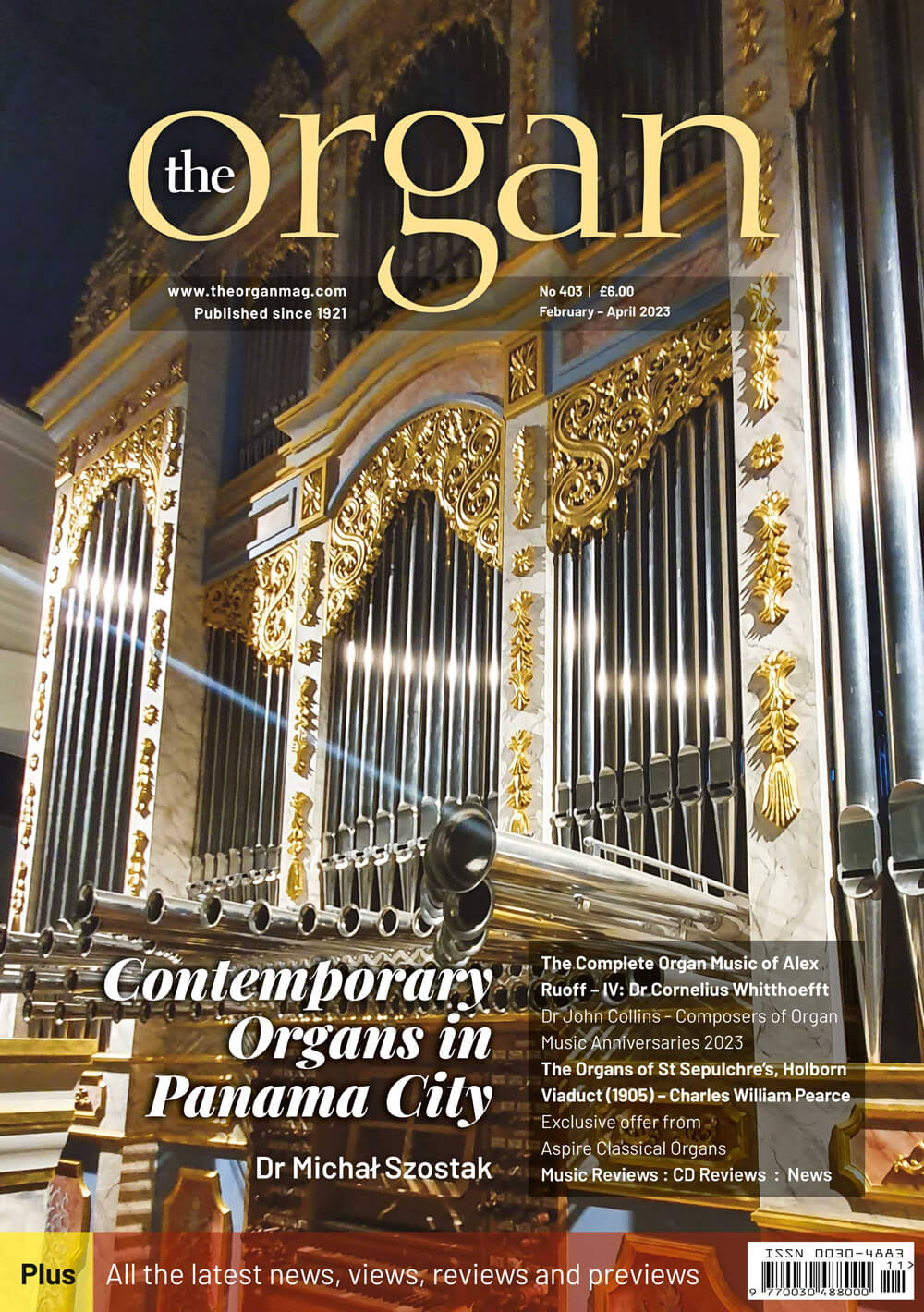Previous Issues
Winter 2024. 1540
Summer 2024. 1539
Spring 2024. 1538
Winter 2023. 1537
Autumn 2023. 1536
Summer 2023. 1535.
Spring 2023. 1534.
Winter 2022. 1533.
Autumn 2022. 1532.
Summer 2022. 531.
Following the dispicable and illegal invasion of Ukraine, the Summer 2022 edition of Musical Opinion carries a large article about Sergei Prokofiev, arguably its most famous composer along with an overview of the Ukrainian classical music scene over the last one...
Spring 2022. 1530.
Winter 2021. 1529.
Autumn 2021. 1528.
Summer 2021. 1527.
Spring 2021. 1526.
Winter 2020. 1525.
Autumn 2020. 1524.
Summer 2020. 1523.
Spring 2020. 1522.
Explore By Topic
Autumn 2024. 1539
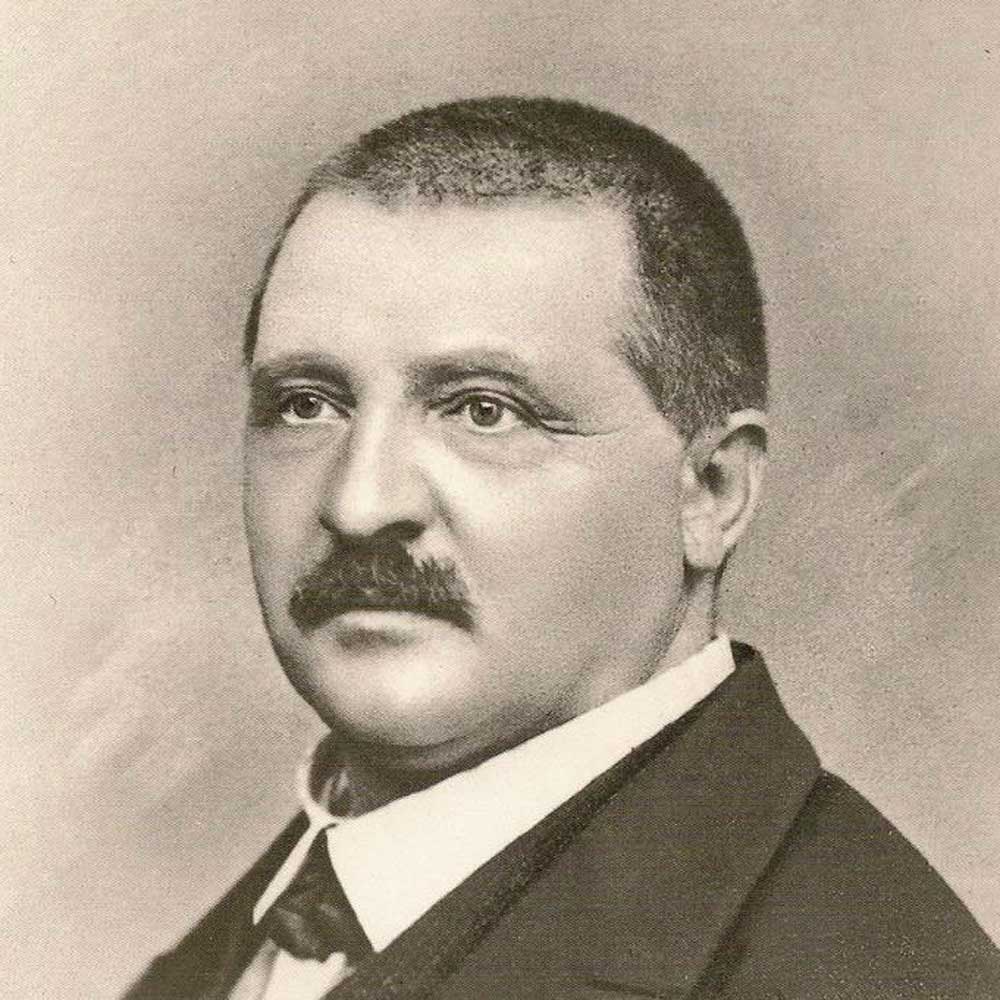
Bruckner’s Recital Appearances in France and England
James Palmer
On the occasion of the bicentenary of the birth of Anton Bruckner, the author traces the composer’s visits to Nancy, Paris and London in 1869 and 1871.
Writing in The Musical Times in 1937, the distinguished Austrian-born British musicologist Mosco Carner outlined many aspects of the visits that Anton Bruckner made on two occasions during his lifetime to countries outside of his native Austria. At the outset, I should like to acknowledge Carner’s work on this subject, from which I have drawn, in shedding light upon an aspect of the composer’s life that – in this, Bruckner’s bicentenary year – continues to remain very little-known. Photo Stadtmuseum, Linz 1868
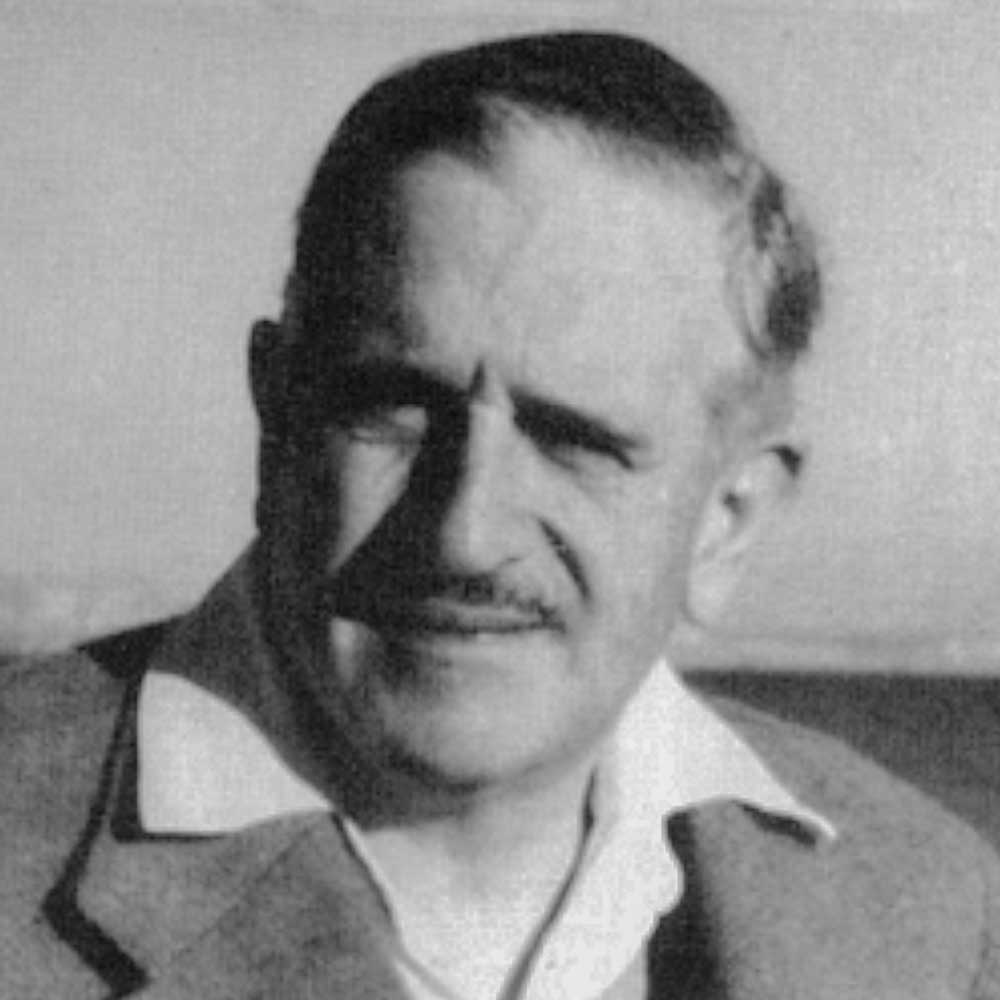
Joly Braga Santos Part 1
Stephen Connock
With 2024 marking the centenary of the birth of the leading Portuguese composer Joly Braga Santos, we provides an introduction to his life and music, including a survey of major recordings.
Joly Braga Santos was born in Lisbon on 14 May 1924 and died in this same ‘city of light’ in 1988. He began to study music at the age of six and later concentrated on violin and composition at the National Conservatoire of Lisbon. Here he was strongly influenced by his teacher, the composer Luis de Freitas Branco (1890-1955). Their relationship was similar to that between Hubert Parry and the young Ralph Vaughan Williams at the Royal College of Music in London in the early 1890s and Freitas Branco’s musical style can be heard in Braga Santos’s early orchestral works. João Paes has described this influence as focusing on ‘grandness, clarity and luminosity’, with a strong faith in tonality.
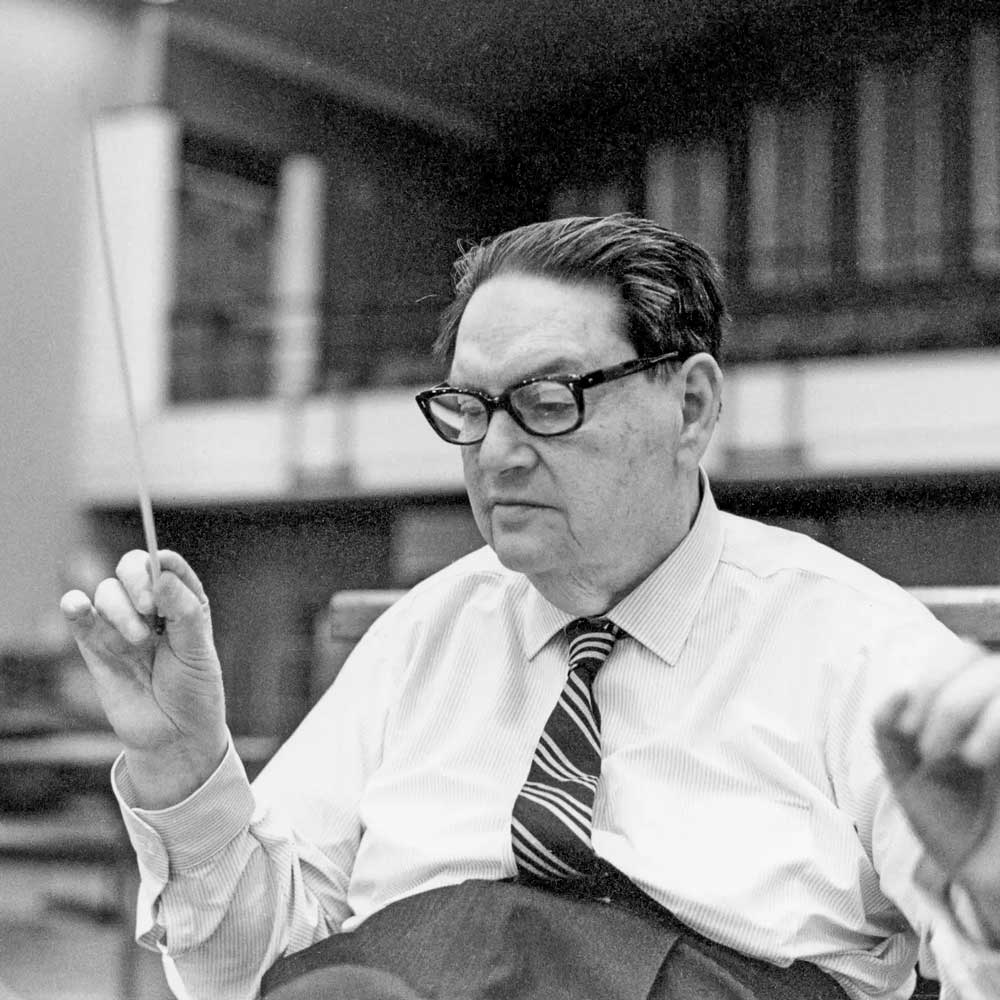
Reminiscences of Darius Milhaud (1891-1974)
Madeleine Milhaud and Robert Matthew-Walker
Marking the 50th anniversary of the French composer’s death on June 22 1974, his widow and the Editor (Milhaud’s only English pupil) recall aspects of his life.
As a music student in London in the 1950s, I began taking additional piano lessons from a local teacher, Mary Baddeley. Her husband, Arthur Leavins, was leader of the Royal Philharmonic Orchestra under Sir Thomas Beecham. Through their good offices, I attended many concerts and broadcasts and heard the leading artists of the day. Sometime later, Arthur Leavins became co-leader of the BBC Symphony Orchestra and again I attended many concerts and broadcasts of the BBC’s principal Orchestra. One day, Mary Baddeley gave me the score of Milhaud’s Suite for Violin, Clarinet and Piano to play with some fellow-students at Goldsmiths’ College in London; this coincided with a visit to England by Darius Milhaud, who was to conduct the BBC Symphony in the British premiere of his Sixth Symphony. It was this occasion which really introduced me to his music, which I found enthralling, and have done so ever since. Photo: Erich Auerbach/Getty Images
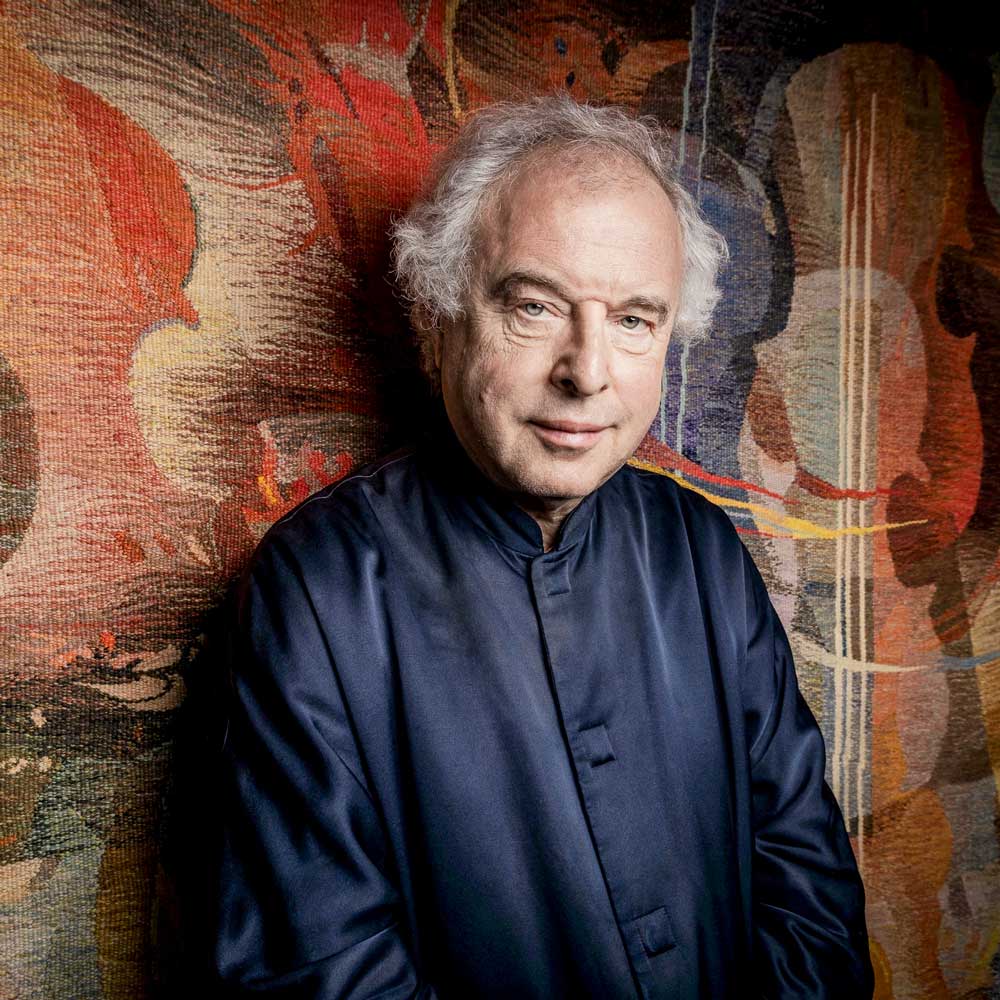
The Art of Schiff at 70
Lecture – Recital by Sir András Schiff
The lengthy, poignant silence that abruptly followed the curtailed polyphony of the final movement of Bach’s The Art of Fugue at a capacity-filled Wigmore Hall on March 3 was one of those memorable, indeed unforgettable moments in one’s concert experience. Whether the silence was of a winged angel flying from a high mountain peak, of a voice trying to call from three centuries past, or of a hand gone cold at the point in the autograph at which CPE Bach, famously wrote of his father that “while writing this fugue …the composer died”, it was also the silence of audience’s respect for an artist who, at the age of seventy, has reached a pinnacle of pianistic prowess and a zenith of intellectual interpretative inspiration. Ten years earlier, Sir András Schiff, for his 60th birthday concert, had chosen to play both Beethoven’s Diabelli and Bach’s Goldberg Variations from memory. What challenge could surpass such a choice to mark his landmark three score years and ten? Photo: Decca / ECM REcords press
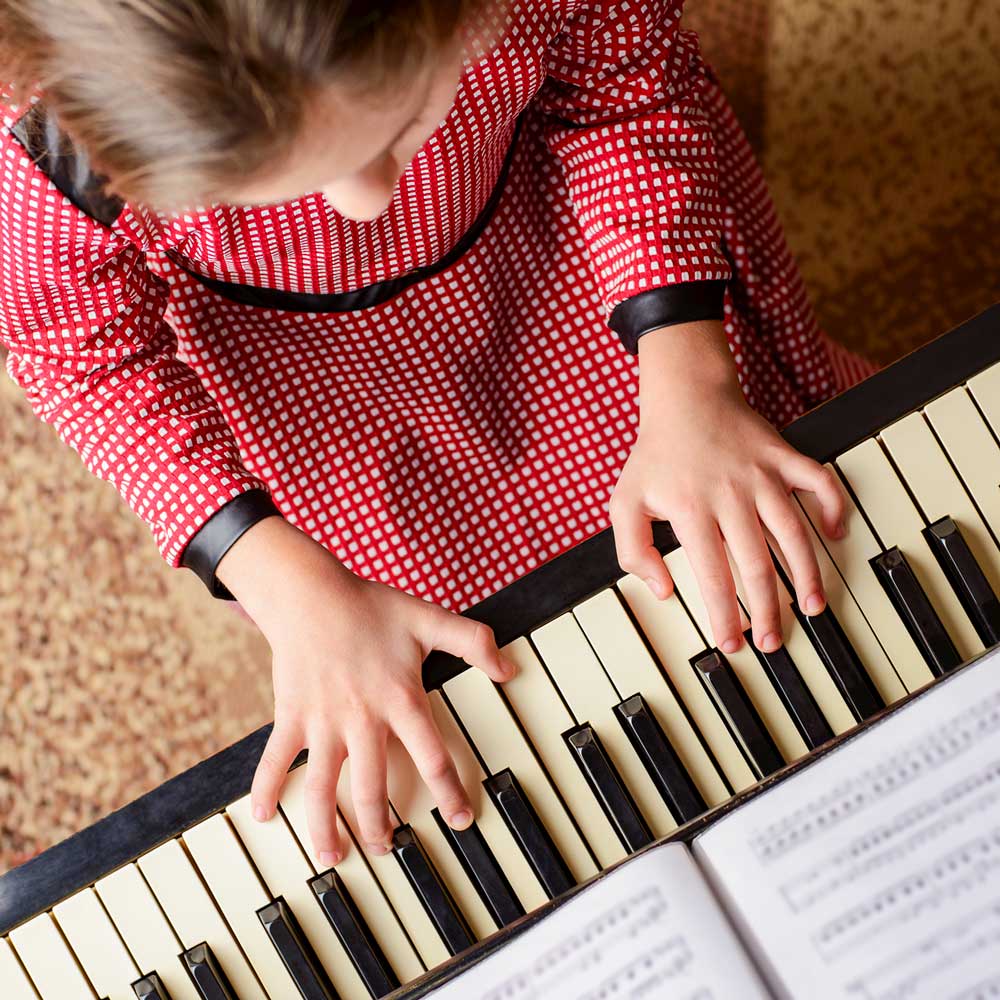
The Random jottings of a rather random music teacher
Frances Thornton
My Monday at 4pm student is always punctual. She arrives with her mother and then after her lesson she walks home by herself. I confess I was a little uneasy with this at first, but I can be a little overprotective, so I kept my mouth shut (Music teachers do this when necessary) and went along with the arrangement.
On this Monday 4pm arrived but still no student. I immediately thought there had been a mix up, had they said they were not coming, and I had forgotten (The myriad of times this has happened) or was there a problem? I tried ringing the mother but there was no response, so I decided to sit tight. Photo: Freepik

